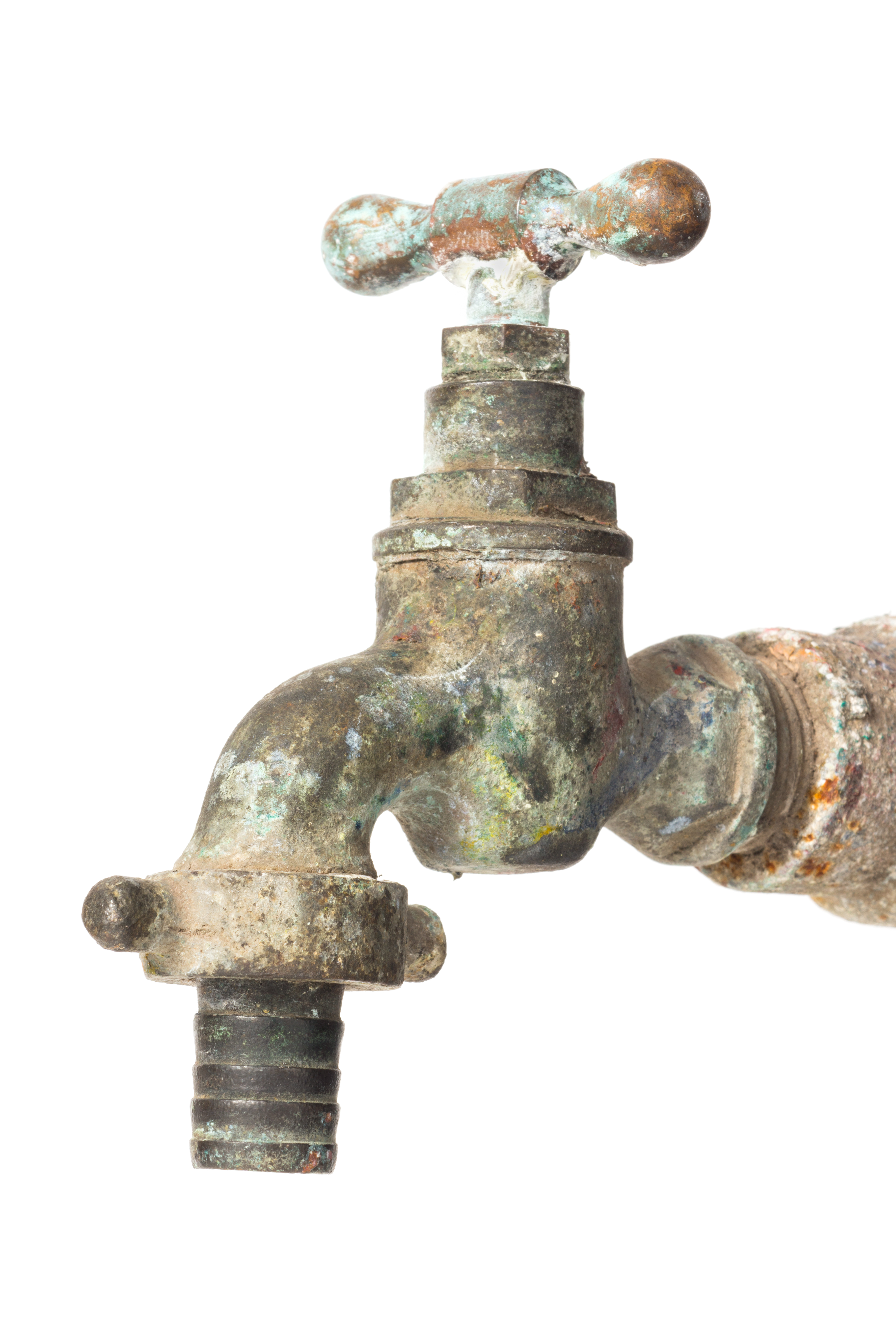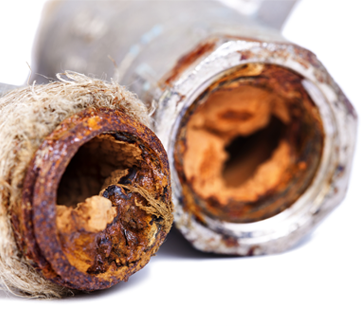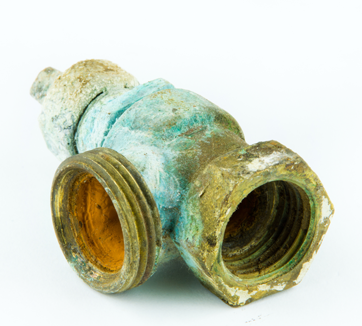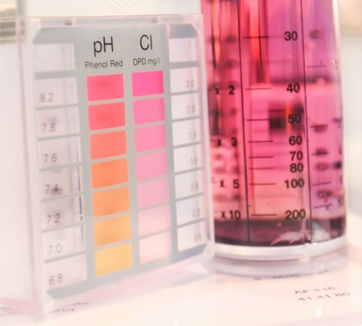Each household has different water issues. That is why Clean Water Pro is here to help you select the right choice for your situation. Let’s start with the basics. Do you have Well Water or City Water? Depending on your water source, the equipment needed to purify and soften your water will vary greatly. For example: If you have hard water from a well, a softener system is your best choice. If you have hard city water, the use of chlorine by city water municipalities can greatly damage an ordinary softener and therefore a dechlorinating filter must be used.
Know your water
Your Water Problems
How do you know what problems you have?
There are obvious signs that you may have problems with your water. Everything from staining on cooking utensils, glassware, and appliances, to foul smelling odors and taste. It is recommended that you have Clean Water Pro test your water to determine exactly what is in your water and to let one of our technicians recommend the best possible solution to your problem.
What are some problems you may have?
Water varies depending on your location as well as the source of where your water comes from. Here are a list of contaminates that significantly effect your water quality:
Hard Water
Hardness in your water is caused by high mineral content such as calcium (Ca) and magnesium (Mg). Though not necessarily a health risk, hard water is devastating to skin, hair, clothing, and also to household appliances and fixtures. Hardness minerals will build up and create problems for appliances such as hot water heaters, washing machines, dishwashers, coffee makers, humidifiers, and internal plumbing systems. RoyalSoft softening systems are designed to eliminate these problems, ridding you and your family of unsightly lime scale buildup and inefficient home appliances.
Say goodbye to foggy glassware, residue build up on sinks, faucets and shower heads, and those water marks on newly washed cars. Softening your water will make your glassware crystal clear, mineral buildup on appliances disappear and your skin and hair noticeably softer and cleaner.
Solution:
RS-1 Pro Softener – View Product


Iron
After Hardness, Iron is the most common problem found in well water. Because Iron has several forms, a professional diagnosis is crucial when discussing treatment options. Iron is found in three forms, ferrous/dissolved (Fe+2), ferric/solid (Fe) and as Iron Bacteria. Water containing even the smallest quantity of Iron will cause significant rusty, pale yellow staining to occur. Once an appliance or fixture has been stained with Iron, it is almost impossible to remove.
Solution:
Aer-Pro – View Product
Iron Pro – View Product
Staining on pipes
Water that contains low acidity will act aggressively towards plumbing and fixtures causing corrosion and staining (i.e.-blue green stains on fixtures from copper pipes). A pH ranging below a 6.7 ppm (parts per million) will cause oxidation to pipes and plumbing resulting in pin holes and leaks, as well as possible leeching of copper into water. The pH value refers not to the quantity of acidity, but rather to the relative acidity/alkalinity of a particular sample. 7 ppm is considered a neutral range.
Solution:
Aer-Pro – View Product
Acid Pro – View Product


Odor in Water
If you are experiencing unfavorable smells coming from your faucets or shower heads, you may be experiencing Sulfur in your well. Sulfur, also known as Hydrogen Sulfide (H2S), is a gas that smells strongly like rotten eggs. In the presence of bacteria, when organic matter decays it will result in giving off a foul smell that many people experience when doing laundry, dishes and showering. Even very low concentrations are offensive and highly corrosive and because it is in the form of a gas, Sulfur cannot be tested with laboratory analysis. Treatment recommendations are given after an on-site evaluation of its presence.
Other causes of odor could be from Iron bacteria or a bad hot water heater. Iron bacteria has the rotten egg smell as sulfur, however unlike sulfur a technician will be able to detect Iron bacteria in your water. Hot water heaters could be another cause for bad smelling water. If the appliance has an anode rod, it will often rot out in the presence of hard water and cause the hot water in the house to have a strong rotten egg smell.
Solution:
Aer Pro – View Product
Chlorine
Chlorine (Cl) is a chemical element added to water as a disinfecting agent. Chlorine is mainly used in treating municipal water or community wells as a means of killing off bacteria in the water supply. Although the use of Chlorine is effective in sanitizing water, it also has severe health risks. Chlorine by itself is highly toxic and among one of the most lethal poisons in the world. Recent studies have shown an increased risk for bladder cancer, breast cancer, bowel cancer, as well as depleted proteins and premature aging.
Solution
Carbon Pro – View Product
Twin-Soft – View Product


Bacteria & Viruses
Bacteria are microscopic organisms that can develop inside the well. There are thousands of types of bacteria, many that grow and spread by using energy obtained from sulfur, ammonia, hydrogen and iron. Unlike hardness and iron that is naturally present in well water, microbiological contamination can occur and change unexpectedly so it is recommended that you have your water tested at least one every other year if you do not have treatment preventing bacteria growth.
The most common form of bacteria found in wells are Coliform Bacteria. EPA standards for acceptable drinking water have a Total Coliform count of Zero. This group includes E. Coli bacteria, (Fecal Coliform) which indicates sewage is present in the water supply and precautions should be taken immediately to prevent infection or illness.
Solution:
UV Light – View Product
Drinking Systems – View Product

